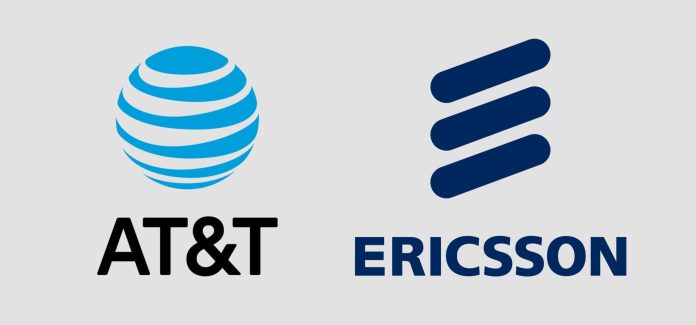AT&T and Ericsson are offering to test and validate IoT devices to help safeguard against cybersecurity threats.
The pair are offering the service through the CTIA’s new cybersecurity certification programme. Devices will be tested and certified by Ericsson, at its labs. AT&T is making the certification available to enterprise IoT customers via its professional services programme.
AT&T said the offer covers a wide range of IoT devices, “from body cameras to connected streetlights, to utility meters, industrial routers and medical devices”.
Cameron Coursey, vice president of IoT solutions at AT&T, said: “It’s no secret security is a growing threat for IoT. Our work with Ericsson will help establish a common and readily achievable security program that protects devices, consumers and our networks.”
Tomas Ageskog, vice president and head of digital services for Ericsson in North America, said: “As the number and diversity of IoT devices continue to rapidly grow, assuring the security of these devices is of paramount importance.”
As it stands, Ericsson is the only network equipment provider accredited as a CTIA authorised test lab for its cybersecurity certification.
AT&T said it has logged a 458 per cent increase in vulnerability scans of IoT devices during the last two years. Just 10 per cent of the organisations are confident their devices have adequate security measures in place, it said.
The CTIA’s IoT testing programme is the first of its kind to be developed in collaboration with the nationwide wireless providers.
Tom Sawanobori, senior vice president and chief technology officer at CTIA, said: “America’s wireless industry has long been a leader in cybersecurity best practices and establishing an industry-led cybersecurity certification program for IoT devices is a major step in building a trusted, secure wireless ecosystem. The programme harnesses CTIA’s network of authorised labs and reflects our commitment to securing networks and devices in an increasingly connected wireless world.”
Pother industry protagonists weighed in on the CTIA announcement, from last month.
Mike Murphy, chief technology officer for Nokia in North America, commented: “Designing for security from inception is a critical element of 5G networks, and by extension, the IoT. CTIA’s certification program will build on industry’s efforts in this area… This will be critical in driving consumer adoption and confidence and to enable verticals to thrive in the future.”
Chris Schmidt, executive director for device technology at Verizon, added: “We are encouraged that CTIA is taking the initiative to establish security requirements that will help guide the ecosystem as we strive for a safer and more secure IoT future.”
Meanwhile, AT&T has said it will expand its Business Wi-Fi service, which separates office and guest Wi-Fi access to keep networks and data secure, to 60 more countries. The identity of the new markets has not been revealed.
Roman Pacewicz, chief product officer for AT&T’s business division, said: “Wi-Fi isn’t an option for businesses anymore – it’s a necessity. As a key part of any integrated solution, Wi-Fi can be the biggest driver in businesses creating new ways to operate and engage with their customers.”
Its Business Wi-Fi service keeps back-office and guest Wi-Fi separate to keep networking secure. Businesses can manage their Wi-Fi infrastructure via an online portal, while customers connect through a separate Wi-Fi access.
US karting company K1 Speed is rolling out AT&T Business Wi-Fi to help power its high-energy kart races and keep its guests connected, it said.
“We use it to keep our races running smoothly, bring best-in-class experiences to our guests, and make it easy for them to share their experiences with their friends and family,” said Susan Danglard, marketing director for K1 Speed.

